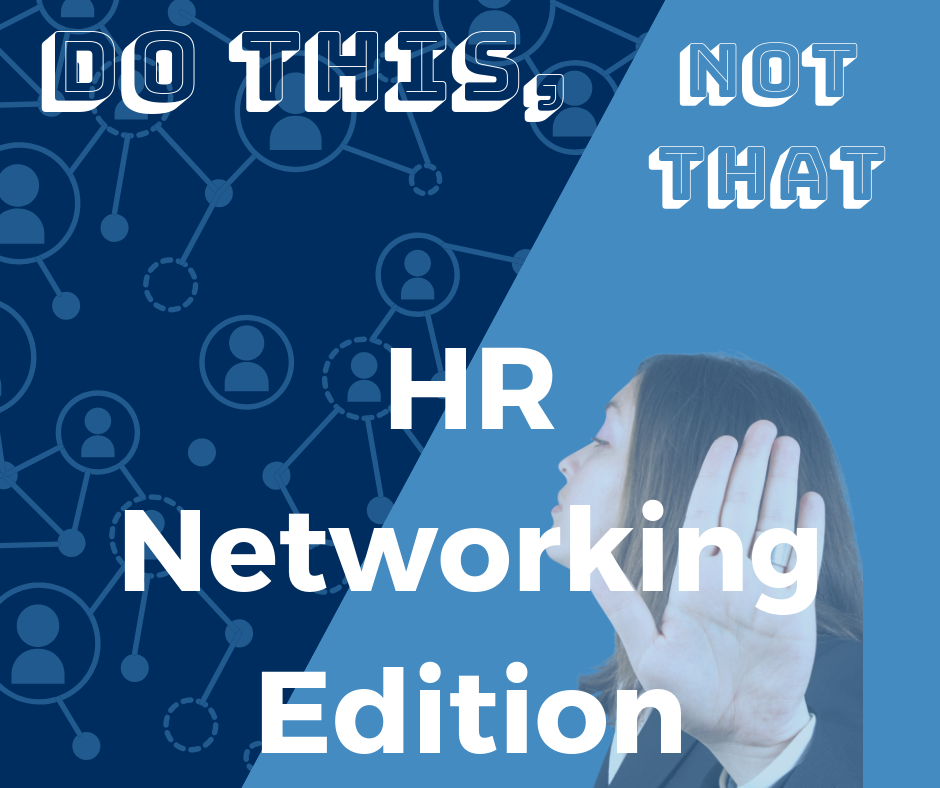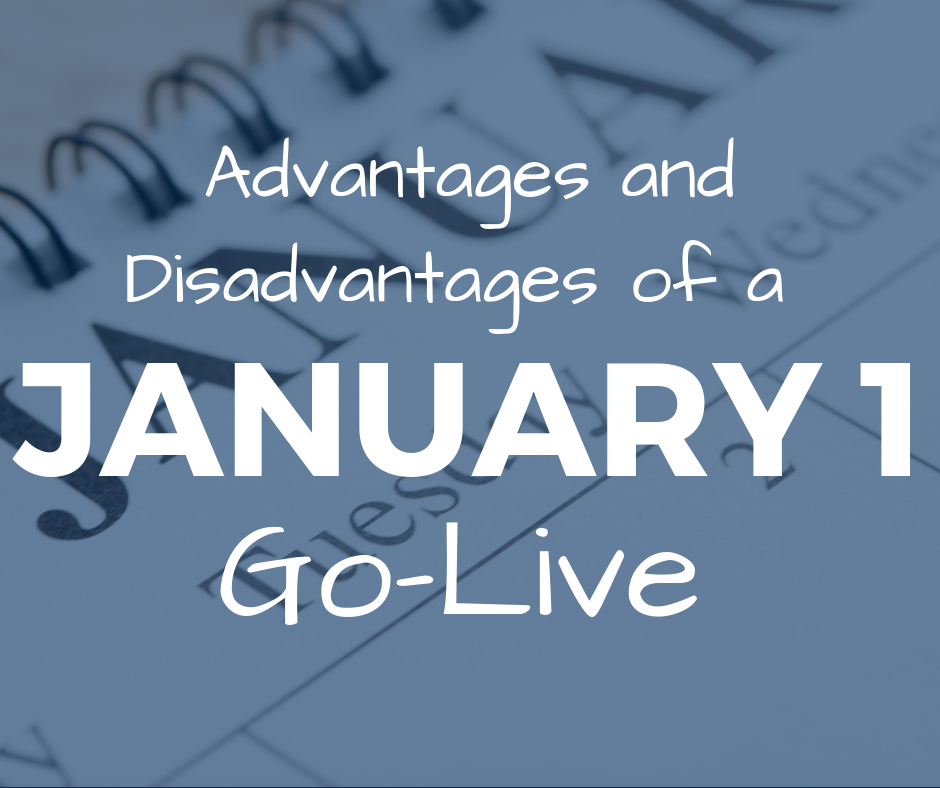 Hiring misfires are costly. Low employee engagement results in high turnover, and replacing employees is expensive. Employers are increasingly using recruitment tools such as personality assessments that help qualify candidates and ensure they are compatible with the company. The rise in the implementation of personality tests can also be attributed to more affordable, online options, making them viable for all businesses. If you haven’t already employed these tests in your organization’s hiring process, should you?
Hiring misfires are costly. Low employee engagement results in high turnover, and replacing employees is expensive. Employers are increasingly using recruitment tools such as personality assessments that help qualify candidates and ensure they are compatible with the company. The rise in the implementation of personality tests can also be attributed to more affordable, online options, making them viable for all businesses. If you haven’t already employed these tests in your organization’s hiring process, should you?
First of all, consider that no test, personality or otherwise, is foolproof. Personality assessments may help reduce the risks of hiring a bad fit for a payroll or HR position, but they should be taken with a grain of salt.
If you use them, recognize that they are designed to go beyond the tangible skills discussed during the application and interview process. Savvy job applicants can make themselves sound like the right cultural fit whether they are or not. At the very least, a personality test can lead to more candid discussions with a candidate.
Personality tests do have limitations, but they can be good predictors of future behavior. Maybe a candidate’s skills and experience are top-notch, but their emotional intelligence is lacking. A personality test can help surface concerns or put them to rest. It can also help uncover what makes someone tick or even help you avoid implicit bias.
So, it’s a no-brainer, you should use personality tests during the hiring process, right? Not necessarily. Consider that there are hundreds of personality tests out there, and even the most popular, the Myers-Briggs Type Indicator, says using it for hiring is “unethical.” It should be used for understanding how a candidate may work in a group or fit in culturally, but not for determining whether a candidate is well-suited for a certain position.
Personality tests have also come under scrutiny in the past by the Equal Employment Opportunity commission so be careful when picking your tests. Maybe try giving your current star employees the considered tests to see how accurate they are.
Remember to use these tests as simply tools in your process. If you receive alarming results, investigate; use the results to determine what questions you will ask in the interview. And remember that high scores or great results do not necessarily mean that the hire is risk-free.
If you’re interested in learning more about how to find the right candidate for your open HR or payroll position, let us know. We’d love to discuss our recommendations on how to best hire for cultural fit, whether you use personality tests or not.
{{cta(‘1eddafe1-09e0-466a-a2fe-3ea80499f600′,’justifycenter’)}}
Recently Posted
Tag Cloud
Office

OH 44210
Connected:
Quick Links
For Employers
For Candidates
Your Source For HR & Payroll News
- Privacy Policy
- Terms & Conditions
- Site Map



